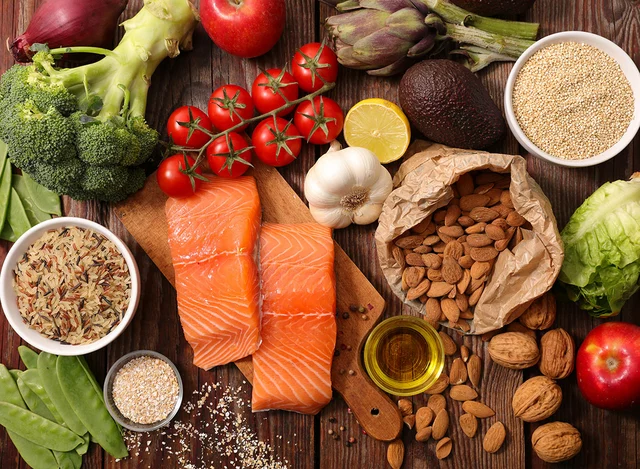Emotionally Unstable – A Quick Look at This Tag
If you clicked on the Emotionally Unstable tag, you probably expect content that deals with feelings, reactions, or surprising facts. On PSC Exam Insights, this tag is a bucket for articles that spark strong reactions, whether it’s curiosity, surprise, or even a little discomfort. The posts under this tag cover a wide range of subjects, from history and food to tech hacks and travel quirks.
What Kind of Articles Are Under This Tag?
Here’s a snapshot of what you’ll see:
- History twists – like why the Spanish built missions in California.
- Everyday puzzles – such as whether a plane can take off with a single passenger in India.
- Food debates – for example, the unhealthiest Indian snack.
- Tech shortcuts – five time‑saving hacks for Buffer users.
- Culture curiosities – questions about Jesus in India or the difference between parathas and tortillas.
All these topics share one thing: they tend to provoke a strong reaction, whether it’s amazement, disagreement, or a laugh. That’s why they sit together under the "Emotionally Unstable" banner.
Why the Tag Is Useful for You
When you’re browsing PSC Exam Insights, you might want to focus on content that grabs attention quickly. The tag helps you skip the calm, textbook‑style posts and jump straight into pieces that are lively, controversial, or just plain surprising. It’s a shortcut for readers who love a good hook.
Also, the tag can be a handy way to practice critical thinking. Many of these articles present a point of view that isn’t universally accepted. By reading them, you get a chance to weigh arguments, spot biases, and form your own opinion – a skill that’s valuable for any competitive exam.
Finally, the tag makes the site more searchable. If someone types "emotionally unstable" into a search engine, they’re likely looking for content that’s a bit out of the ordinary. Having a dedicated tag improves the chance that our page shows up and satisfies that curiosity.
So, next time you see the Emotionally Unstable label, know that you’re about to dive into a mix of bold, eye‑catching topics. Use it to keep your reading fresh, your mind active, and your exam prep a little more interesting.

Why are drunk people always in the mood for violence?
- Date: 31 Jan 2023
- Author: Aarav Khatri
Alcohol consumption often leads to aggression and violent behaviour. When people are drunk, they are more likely to act impulsively and to be more emotionally unstable. They may become more hostile, act aggressively and be more likely to become involved in physical fights or other forms of violence. This is because alcohol weakens people's inhibitions, allowing them to act impulsively and without thinking through the consequences.




